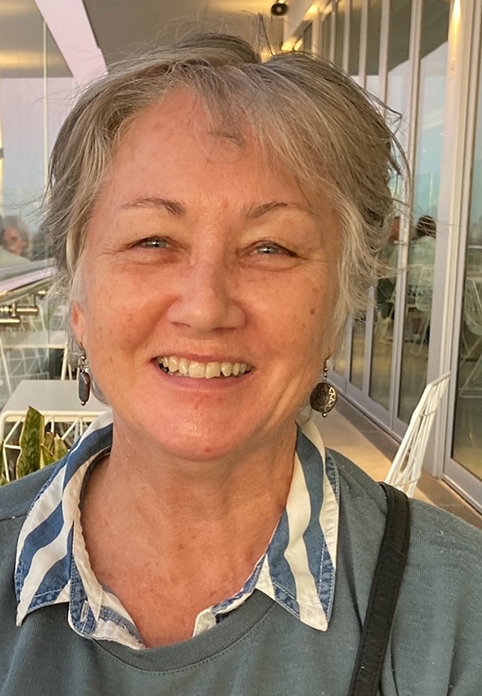This site may not work properly using older versions of Edge and Internet Explorer. You should upgrade your browser to the latest Chrome, Firefox, Edge, Safari, or any other modern browser of your choice. Click here for more information.
Your Stories
This is where we tell your stories, cover topical issues and promote meaningful initiatives.
Looking back on a unique opportunity
Ann Knuckey has retired as a Registered Nurse after 48 years – but she still loves to look back on her nursing career, mainly in midwifery. “I never once thought I don’t want to do this anymore,” she says. Here Ann talks about her nine years as a facilitator for the CRANAplus Maternity Emergency Care (MEC) course.
“After I was approached to become a CRANAplus facilitator in 2012, I did 24 Maternity Emergency Care courses, teaching in almost every state in Australia,” she says.
“I thoroughly enjoyed the unique opportunity to join the team of midwives teaching the MEC course to nurses and remote area nurses who work in various clinics in rural, regional or remote parts of Australia.
“Our enthusiasm and passion as midwives must have influenced some of the nurses who said they would now consider studying midwifery.
“Some participants also admitted at the beginning of the course they had some trepidation in caring for pregnant women but, at the conclusion of the course over two and a half days, they stated they felt more confident. They had gained a lot of knowledge from the lectures and learnt many practical techniques during the skill stations.
“As facilitators, we use life-like models to demon- strate the process to follow during a normal birth and how to manage various emergency situations e.g. a breech birth, cord prolapse, shoulder dystopia and postpartum haemorrhage.
“The midwives who make up the team of facilitators from CRANAplus are chosen for their wealth of knowledge, skills and years of experience they each bring to the MEC course.
“They each work in different areas of midwifery for example: birth suites, neonatal intensive care units, emergency care, research, antenatal clinics, postnatal wards in major metropolitan hospitals, flight nurses or in health units in remote, rural or regional areas.
“As midwives we know that, for most women, giving birth to their baby is a normal part of life. Our role is to care for women during their pregnancy journey and to encourage women to attend regular antenatal checks to prevent possible complications for her and her unborn baby.
“The ultimate goal of course is for women to have a healthy pregnancy and safe birth of a healthy baby and to know they are supported by midwives at every stage.
“I always wanted to be a midwife,” Ann says. “As soon as I did a midwifery course, I knew that was what I wanted to do with my nursing.”
Before retiring, Ann spent 35 years in the Kimberley, after spending three years travelling and working as a nurse and nanny in England. She also went to Egypt and worked for five months for a UK company as a nurse caring for tourists on cruise boats travelling up and down the Nile. Before returning to Australia, she also spent four months volunteering in Israel working on a kibbutz and travelled around Europe, Scandinavian countries and Russia, finally trekking for two weeks in Nepal.
Back in Australia, Ann worked as a registered nurse and midwife at Broome Hospital, followed by ten years as a community midwife at Community Health in Broome, and one year as a nurse educator for the Rheumatic Heart Disease program (part of the Kimberley Population Health Unit in Broome).
She then worked for six years as a community midwife in Halls Creek followed by six years in Derby, visiting remote Aboriginal communities located outside both regional towns.
Ann says she has really enjoyed her time working as a nurse and midwife and can recommend it to anyone considering it as a career.
“I consider it such a privilege to be caring for women and their families at such a special time in their lives,” she says.
Continue reading about CRANAplus education with these articles from volunteer facilitator Jason and maternity educator Amanda.

